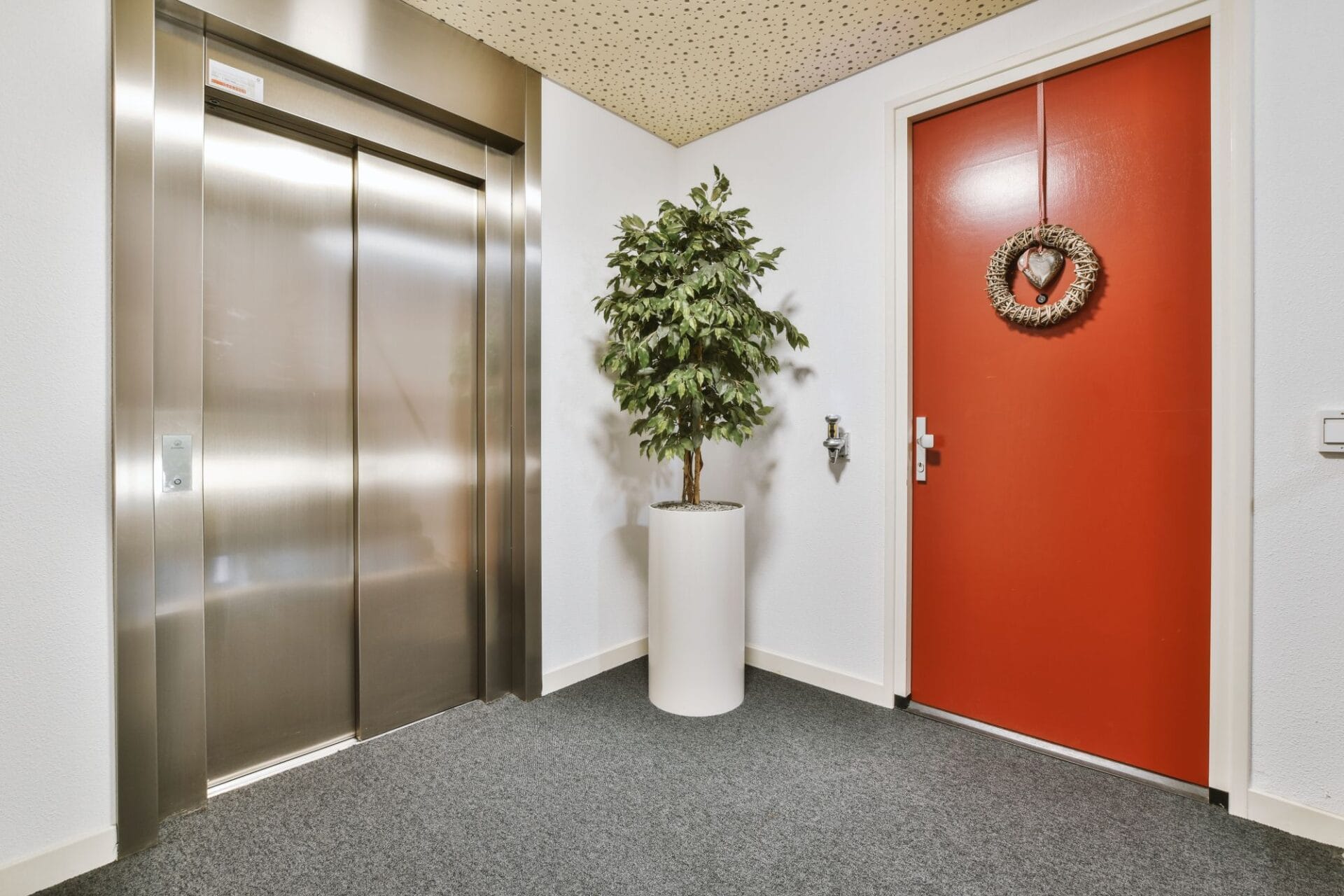The best-managed HOAs are almost always the ones with efficient communication flows. A previous article of ours recognized communication as one of five key elements to enhancing owner satisfaction, but also acknowledged that it is still the top problem plaguing governed communities.
Nevertheless, it is worth the time and effort it takes to improve communication with owners. Good communication leads to stronger connections, and ultimately, more productive homeowners associations.
Table of contents
- Defining effective communication
- Design a communication strategy
- An example of the impact of poor vs. strong communication
- When people know you care, they care
- Communication roadblocks to be aware of
Defining effective communication
Effective communication sounds like it should be instinctive. But those who manage or work for HOAs know this is not the case.
Whether information isn’t being shared often enough, or parties have difficulties reaching each other, misunderstandings, frustration, and conflict can ensue.
Effective communication is about more than just exchanging information. It’s about being able to clearly convey a message that recipients will understand.
Design a communication strategy
If you know communication is an issue for your HOA, but aren’t sure where to start, a communication strategy could serve you well.
A communication strategy is a plan that outlines how the HOA will communicate with its target audience, in this case, owners. It should include:
- Communication objectives
- Key messages (or content)
- The communication channels you intend to use
- Metrics to measure the successes of the strategy
You can learn more about tailoring communication strategies by watching the webinar.
An example of the impact of poor vs. strong communication
Here’s an example of how impactful ineffective and effective communication can be.
An owner has emailed the HOA manager, but did not include a subject line. The email was sent because, after having hosted an event at the clubhouse, the owner noticed that there is a rather bad leak under the kitchen sink.
The manager, who receives over 100 emails every day, doesn’t open the email for a week because they assume it is a low-priority email.
The owner is a little bit upset that days have gone by and there has been no response. But since they feel management doesn’t care, they’re not going to send a follow-up email.
When the email is finally opened, the manager goes to inspect the sink. Now there is mold growing in the area, and new materials will need to be ordered to replace the cabinet that encompasses the basin of the sink.
Communication could have been improved on both ends. Instead, the owner feels like management doesn’t care about the community, and the association must pay additional costs to fix the sink.
Now, let’s replay that same scenario, but the owner submits a request through an online portal instead. When the manager sees this, they already know that it’s for a repair request since all work orders/service requests are sent here.
The owner must fill out mandatory fields regarding the issue before they can send it. They also decide to attach a photo to the request to show the manager the extent of the damage.
The manager addresses the leak right away since water damage can be costly. They update the request to let the owner know a repair is in progress. The owner is automatically notified of the update. Later that week, they see the manager of the property and thank them for taking care of the problem so quickly.
Here, the owner and manager have a positive interaction, and the owner will be happy to contact management in the future. Furthermore, the cost of the repair is much less.
When people know you care, they care
Unless they’ve been behind the scenes of an HOA, owners don’t know how busy managers are.
But we understand that it is simply impossible for you to answer every single email within 24 hours. That’s why having tools that can automate, organize and even prioritize messages is so critical. Let technology do some of the grunt work for you so you can devote more time to providing owners with the help they are asking for.
Instead of scrambling to get back to owners, you can take an extra 30 seconds and write a thoughtful response or help them access what they need.

When owners know that you pay close attention to the messages they send you, they will also be more cognisant about sending you appropriate and relevant messages.
Another pro to building good relationships through good communication? Owners are more likely to see you as a person with emotions and needs, not just the manager. A bit of compassion can go a long way, and it also makes your job more pleasant.
Communication roadblocks to be aware of
There are many reasons for ineffective communication between managers and owners. And even if you have the best tools or software, it’s important to be aware of these roadblocks:
Stress
When you’re stressed or completely overwhelmed, you’re more likely to misread messages or send a response that sounds dismissive or cold. If possible, give yourself time to become unfrazzled before you start going through messages.
Lack of focus
Multitasking isn’t always the best approach. Some people can do it well, but it’s not for everyone. To communicate effectively, you need to give your full attention to the person you are speaking or writing to. If not, you could miss something important or fail to answer questions from owners.
Being commanding vs. assertive
Owners will not respond well to a manager who is too commanding. Be mindful of your tone and avoid using language that is condescending or curt. Aim instead to be assertive. Maintain a friendly but knowledgeable tone, and demonstrate that you are there to help, not tell owners what to do.
Hearing vs. listening
There is a difference between hearing someone and listening to someone. The act of hearing is rather simple and basic. For example, you heard the owner complain about the neighbor who doesn’t clean up after their dog. Listening, however, requires more thought and energy. When a member comes to you with an issue, they are more than likely asking you to help them solve a problem. When you listen, you will probably ask a few follow-up questions to get the details you need before you can provide an informed answer.
Conclusion
Good communication does not prevent problems from occurring. But it does allow you to detect problems sooner and faster, so that they do not evolve into major issues. Furthermore, efficient communication can help you create stronger connections with the owners you help.
While it may not seem like a top priority, having good relationships with owners makes a manager’s job significantly easier. They will be more forthcoming with information, and more willing to follow rules or processes that you may need to enforce. Plus, it’s always nicer to work with people you like!























